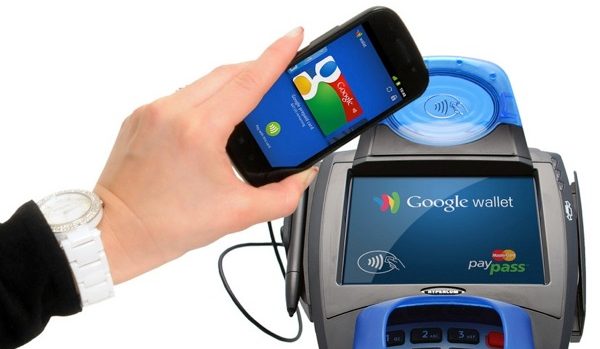
Retail WiFi may bring to mind businesses like Starbucks or McDonalds, which have been offering free WiFi access to their customers has become common place. In 2010 when Starbucks made the decision to offer free WiFi service to all of their customers, they changed the role of retail WiFi. Today, customers are more comfortable with WiFi technology, and prefer to visit locations that offer free WiFi access to their customers. Retail WiFi has many benefits, not only for patrons, but also has the ability to improve the operations of a retail business.
Apple Stores are a great example of how a retail business can use WiFi services through out a store to enhance customer service. Rather than have customers wait in line for an available cashier, employees interact with customers throughout the store, and can process credit card sales for customers on the sales floor. While most businesses are not able to deploy this level of technology, other businesses have found other benefits from retail WiFi. The convenience store chain, 7-11 has installed WiFi in their stores for a completely different reason. Their business relies on up-to-date and accurate inventories. The same employees who are responsible for keeping track of the store’s inventory are also responsible for serving the hundreds of customers that visit the store each day. 7-11 found it too time consuming for its employees to continue to use paper-based inventories. They deployed a WiFi network that allows their employees to quickly scan inventory items so they can spend more time assisting their customers and attending to other store duties.
The Importance of Data Security in Retail WiFi Solutions
Data security is one of the biggest concerns that retail stores have when they are considering installing a WiFi network. Customers visiting a store with an unsecure network can put the store’s confidential data at risk, as well as the data of other patrons. Whether a retail store is considering installing a WiFi network for their operations, or for customer use it is important that the network is installed by a professional familiar with the security risks and can install the appropriate equipment to prevent security breaches.
Most people do not think of car dealerships as a retail business, but they have many of the same customer service concerns as most other retail businesses. Dealerships need to cater to their customers during their initial purchase. Because their customers are making large purchases, they want access to every possible piece of information on the vehicle they are considering buying, including competitor’s prices. Some dealerships have kiosks available for customers to review information on new models, but many dealerships offer free retail WiFi for their customers. Many car dealers that have their own service centers realize that customers who have to wait for a repair would rather be somewhere else. Customer’s sitting in a waiting area are encouraged to use that time to relax and browse the Internet, or even get some work done while they are waiting for minor maintenance to be performed. Some dealerships have even created small Internet cafes for customers to relax, use the Internet, and have a decent cup of coffee while they wait. This may seem like a minor convenience, but this added service can make maintenance visits a much more tolerable experience.
Retail businesses face a lot of competition. It is often difficult to distinguish one shop from another with the growing number of strip malls in many towns. Retail WiFi is a tool businesses can use to provide an additional service to their customers. Almost every retail business can use WiFi technology to improve their operations, so employees can spend more time helping customers and less time handling mundane tasks.
